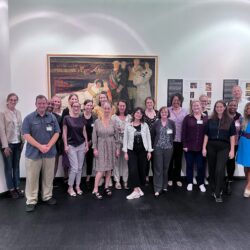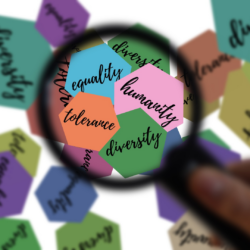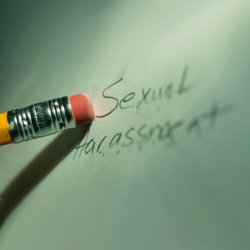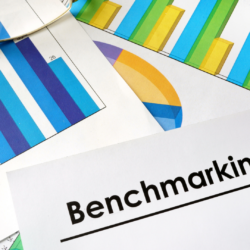Workshop on gender-based violence and sexual harassment in Milan
The 4th Mutual Learning Workshop of the RFO CoP on Gender-Based Violence (GBV) and Sexual Harassment (SH) took place on 14-15 September at the premises of our partner FFRB in Milan. 25 representatives of beneficiary and associate partners, as well as members of the National Science Foundation (NSF, USA), participated in this on-site event. The aim of the workshop was to discuss strategies and create new solutions on how RFOs can contribute to the mitigation of GBV in the ERA. It also aimed to strengthen collaboration between RFO CoP members and the NSF. After a warm welcome from the hosts, Paola Bello (FFRB), Helene Schiffbänker (JR), Sophia Ivarsson (Vinnova) and Fredrik Bondestam (UGOT), members of the NSF presented their experiences with implementing policies to mitigate GBV. They emphasised the role of RFOs in the responsible use of taxpayers’ money by holding research organisations accountable for implementing policies to reduce GBV....










